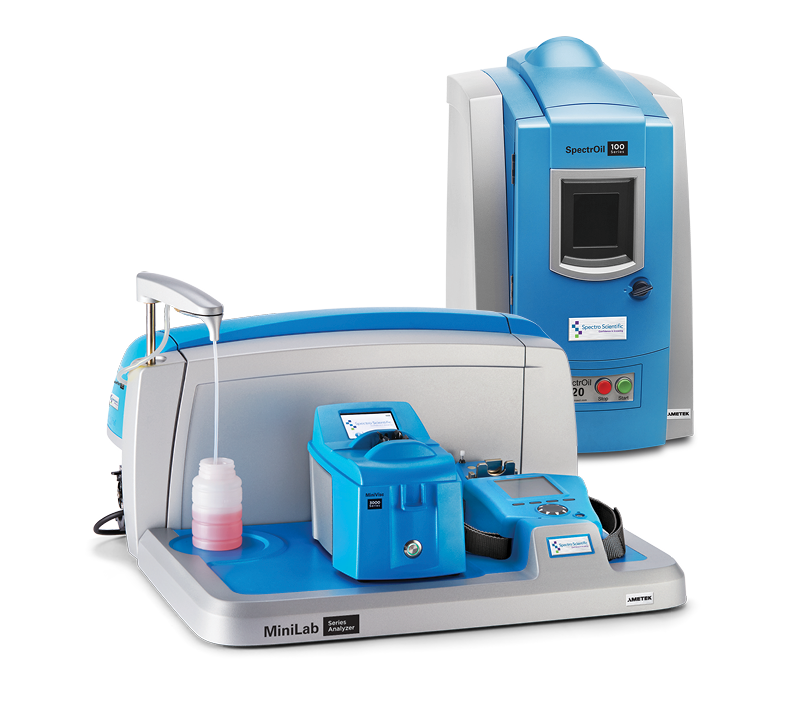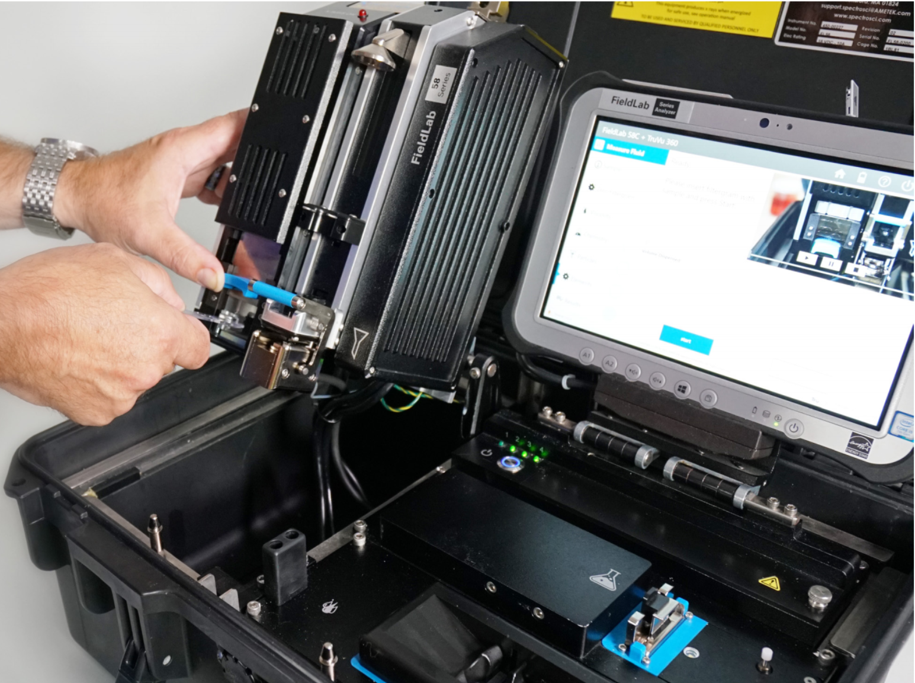Ray Garvey
Ray Garvey is a CLS certified materials engineer with decades of lubrication and oil analysis experience supporting AMETEK Spectro Scientific customers in industrial, fleet and laboratory markets worldwide.
Introduction
This white paper reports diesel engine oil analysis data demonstrating use of filtergram particle quantifier x-ray fluorescence (FPQ spectroscopy) to quantify severity of wear and contamination. Two independent measurements are performed on each filtergram specimen: pore blockage particle count and FPQ spectroscopic large particle elemental analysis. Causal inflections in ASTM D7720 cumulative distributions indicate severity thresholds for FPQ spectroscopic elemental analyses.
Read More
Topics:
Industrial,
Tribology,
White Paper
Introduction
This article reports annual cost savings from several effective lubrication programs using onsite oil analysis. These published case histories cover various industries. These lubrication programs employ the following steps that differentiate effective lubrication programs with excellent cost avoidance from ineffective, low cost avoidance lubrication programs.
Read More
Topics:
Industrial,
Tribology,
White Paper,
Power Generation
Retesting And Resampling Can Save Millions
Introduction
Power plants today face headwinds in delivering power to customers. Power suppliers must meet the “Three Rs” for power system reliability: resource adequacy (people, equipment, facilities, availability), system resiliency (ability to bounce back from disruption) and operational reliability (assets performing without unplanned downtime).1
Read More
Topics:
Industrial,
Case Study,
Tribology,
Power Generation
Introduction
This article is the first in a series to make a strong case for performing more and better testing of in service lubricants in order to replace unplanned repairs and unplanned downtime with planned repairs during scheduled time. In other words, this article is about using oil analysis to help improve reliability, planning and scheduling. More and better testing involves more lubricant sample points with better focus on large wear particle analysis.
Read More
Topics:
Industrial,
Fleets,
Mining,
Tribology,
White Paper
Introduction
Comprehensive oil analysis requires sampling, testing and analyzing in-service industrial lubricants to evaluate the wear condition of machinery, the contamination condition of lubrication systems, and chemistry condition of the lubricants. This article intentionally focuses attention on analysis of large wear particles because the resulting analysis information enables informed users time for planned maintenance instead of surprise, reactive unplanned repairs.
Read More
Topics:
Industrial,
Fleets,
Mining,
Tribology,
White Paper





